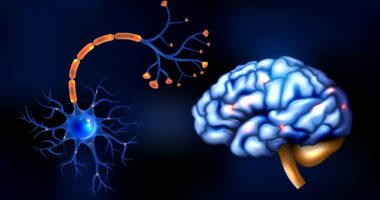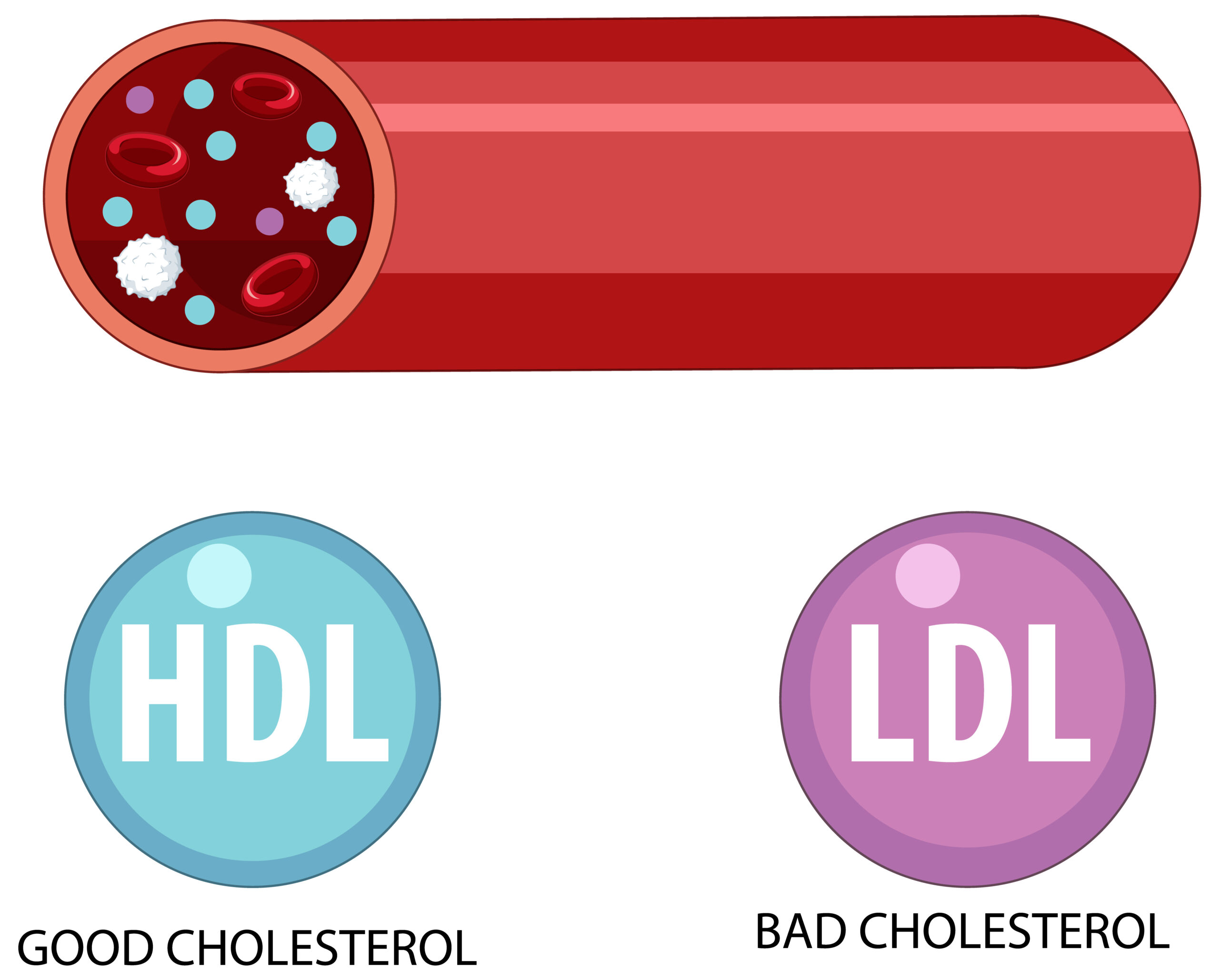What Is Acupuncture?
Acupuncture is a traditional Chinese medical practice that involves inserting fine needles into specific points on the body. These points, known as meridians, are believed to balance energy flow, or “qi,” promoting healing and pain relief.
How Acupuncture Helps With Chronic Pain
Chronic pain is a persistent condition that affects millions. Acupuncture can help alleviate this discomfort by stimulating the nervous system. It encourages the release of natural painkillers like endorphins and reduces inflammation, improving overall well-being.
Scientific Support for Acupuncture
Modern studies reveal acupuncture’s effectiveness in managing various types of chronic pain. Conditions like back pain, arthritis, and migraines often show significant improvement after consistent acupuncture treatments.
Improved Blood Flow
Acupuncture enhances blood circulation, delivering oxygen and nutrients to affected tissues. This process speeds up recovery and reduces discomfort in chronic pain sufferers.
Common Conditions Treated With Acupuncture
Acupuncture is versatile and addresses a range of chronic pain conditions.
Back and Neck Pain
Persistent back and neck pain are common issues for many adults. Acupuncture offers a natural, drug-free method to reduce tension and inflammation in these areas.
Arthritis
Joint pain caused by arthritis can be debilitating. Acupuncture reduces swelling and promotes mobility, making it an effective complementary therapy for arthritis patients.
Migraines and Headaches
Chronic headaches, including migraines, often respond well to acupuncture. The treatment decreases headache frequency and severity, improving life quality.
Fibromyalgia
This condition causes widespread muscle pain and fatigue. Acupuncture helps by targeting pressure points, reducing symptoms, and improving energy levels.
Benefits of Acupuncture for Pain Management
Non-Invasive and Drug-Free
Acupuncture provides a natural alternative to pain medications, reducing dependency on drugs and their potential side effects.
Minimal Side Effects
Unlike many medical treatments, acupuncture is safe and has minimal adverse effects when performed by a qualified practitioner.
Customized Treatment Plans
Acupuncturists tailor treatments based on individual needs, ensuring the best possible outcomes for managing chronic pain.
What to Expect During an Acupuncture Session
A typical session begins with a consultation. The acupuncturist assesses your symptoms and develops a treatment plan.
The Procedure
Thin needles are inserted into specific points on your body. The process is usually painless and lasts about 30 to 60 minutes.
Post-Treatment Effects
After treatment, many patients feel relaxed and experience reduced pain levels. Regular sessions are recommended for long-term relief.
Who Can Benefit From Acupuncture?
Acupuncture is suitable for most individuals with chronic pain. However, consult a healthcare provider before starting treatment, especially if pregnant or dealing with a severe medical condition.
Finding a Qualified Acupuncturist
Always seek licensed and experienced practitioners. Check credentials and reviews to ensure safe and effective treatment.
Questions to Ask
Before committing, ask about the practitioner’s experience, treatment plans, and success rates with chronic pain management.
Conclusion
Acupuncture is a time-tested method for managing chronic pain. Its holistic approach not only alleviates pain but also improves overall well-being. Explore this natural therapy to enhance your quality of life and embrace a pain-free future.










